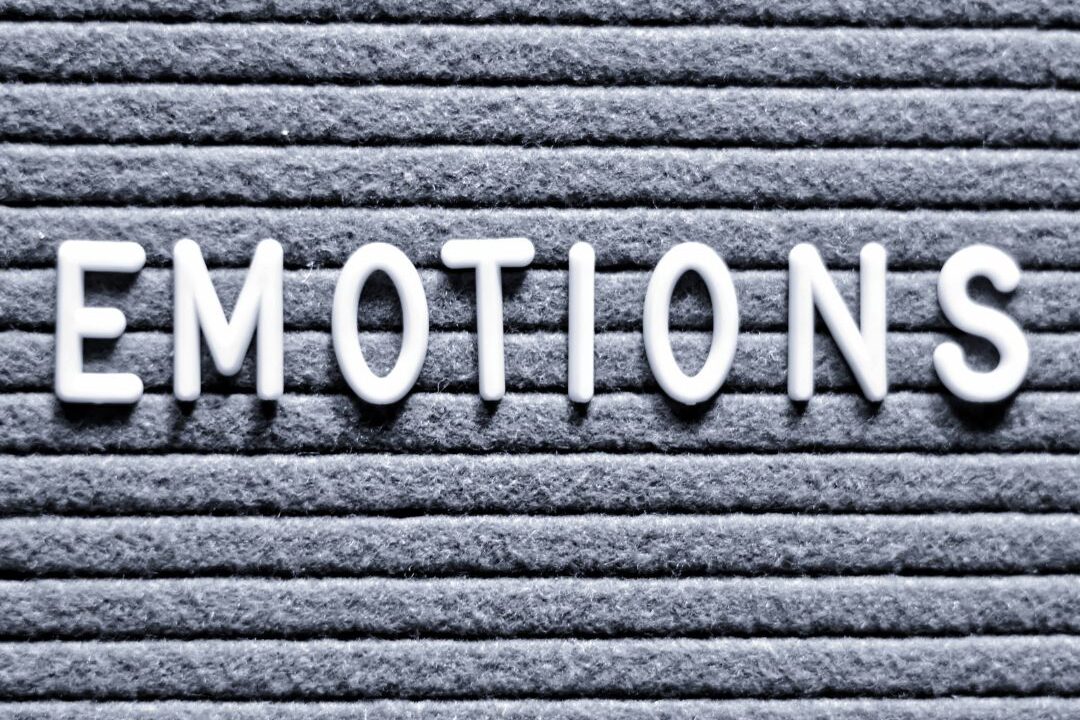Emotions are integral to the human experience, shaping our reactions, decisions, and overall wellbeing. Emotional regulation is essential for navigating life effectively and maintaining healthy relationships. As adults, we are expected to manage our emotions in ways that are socially acceptable and support our personal and professional well-being. When emotions overwhelm us, they can create significant challenges.
A lot of my clients will come to me saying that it takes them a long time to process their emotions and that they have a hard time understanding what they are. And this is a very valid concern and something that counselling can absolutely support you in, but this has more to do with emotional processing and actually nothing to do with emotional regulation.
Most of our discomfort in life and even our social success depends on our ability to regulate our emotions. We don’t need to understand what our emotions are in order to regulate them. Regulating emotions we do with our body. Regulation has to do with how well you know how to support your body to not be overwhelmed with these emotions.
Processing our emotions is more about labelling what we actually felt, what triggered us to feel this, why is this affecting us, what can we do in the future to prevent this or help us through this better.
More precisely regulating emotions refers to actively controlling the intensity and expression of an emotion in a given situation, while processing emotions means actively understanding and making sense of an emotion, often by examining its source and meaning, without necessarily trying to change its intensity; essentially, regulation is about managing the outward expression of an emotion, while processing is about deeply understanding the emotion itself.
The processing should happen at a later stage as trying to do this first will not alleviate the bodily sensations that are often so uncomfortable. It’s also in the regulating or lack thereof where we often act in ways that we later regret.
So let’s dive a little deeper into emotional regulation. What is it truly and how can you apply it in your life?
Emotional regulation helps to maintain balance, ensuring that emotions do not overwhelm or disrupt our day-to-day functioning.
Effective emotional regulation enables us to respond appropriately to life’s challenges without becoming overwhelmed or acting impulsively.
When we know how to regulate our emotions with our body, we can avoid having to use coping strategies that are maybe not always the most helpful to us. For example with alcohol, our vape or cigarette or with some retail therapy.
Efficient emotional regulation promotes resilience and mental health, while difficulties with regulation can lead to various challenges that can have a profound effect on our sense of wellbeing, our relationships, and our ability to function in society.
So what are the factors that can make emotional regulation so hard for us? In my opinion these are often the most common factors that make emotional regulation difficult:
- Beliefs about negative emotions: Deeply held beliefs that certain emotions are “bad” can prevent healthy regulation as we immediately push them away.
- Lack of self-regulation skills: Without effective strategies, it can be difficult to manage emotional responses.
- Stressful situations: High-pressure scenarios can amplify emotional intensity and make regulation harder.
- Nervous system dysregulation/ nervous system cycling: when our autonomic nervous system gets signalled that we are in constant danger we might be acting out of constant survival and not have the ability to get to a regulated state.
- Never taught emotional regulation in childhood and/or had good examples of adults self-regulating: we are not born with the skills to regulate our emotions. This needs to be taught by our primary caregivers and adults in our life during childhood.
A big part of my job is to validate the difficulty we have as adults to regulate our emotions and perhaps take the guilt or even shame away from my clients. Our ability to regulate our emotions develops over time through interactions with caregivers and experiences, meaning it is a learned skill rather than an innate one. And a lot of us were raised by adults who had/have difficulty regulating their own emotions. Leaving us not knowing how to do this ourselves. Often our reactions as adults are not necessarily a conscious choice therefor, but just a way we were taught how to react or a automatic response to keep us safe.
But as an adult, it is now our responsibility to make sure our ability to regulate doesn’t impact others negatively and especially doesn’t impact our life negatively. And the good news is that we can absolutely learn how to better regulate our emotions, no matter our age.
Here are some skills that can help us to self-regulate our emotions and some strategies that can help us manage our emotions in a helpful and healthy way:
- Create space
Emotions happen fast. We don’t think “now I will be angry” — we are just suddenly clench-jawed and furious. So the number one skill in regulating difficult emotions, the gift we can give ourselves, is to pause. Take a breath. Slow down the moment between trigger and response.
- Noticing what you feel
An equally important skill involves the ability to become aware of what you’re feeling. Practice becoming curious about your own PHYSICAL reactions. Tune in to yourself and consider: in what parts of your body are you noticing sensations? Is your stomach upset? Is your heart racing? Do you feel tension in your neck or head?
Your physical symptoms can be clues to what would feel good to do with our body. Take a deep breath, go outside and feel the sun on your skin, shake your body etc. Inquiring into what is happening to you physically can also distract your focus and allow some of the intensity of the emotion to go away. We need to let the emotion “exit” our body, and we can only do that if we are firstly aware of it physically.
- Accepting the emotion
Emotions are a normal and natural part of how we respond to situations. Rather than beating yourself up for feeling angry or scared, recognize that experiencing emotions is a normal human reaction.
- Tune into physical needs
Pay attention to how you are feeling, including whether you are feeling hungry or tired. These factors can exacerbate your emotions and cause you to interpret your emotions more strongly. If you can address the underlying issue (e.g. hunger, exhaustion), you can change your emotional response.
- Consider the story you are telling yourself
In the absence of information, we fill in the blanks with details of our own. Perhaps you are feeling rejected after you haven’t heard from a family member; you believe it is because they no longer care about you.
Before you make these attributions, ask yourself: what other explanations might be possible?
- Engage in positive self-talk
When our emotions feel overwhelming, our self-talk can become negative: “I messed up again” or “I am so mean to everyone.” Practicing self-compassion can help shift the emotions we’re feeling. You can still be frustrated with a situation that isn’t working but no longer have to assign blame or generalize it beyond the situation.
- Make a choice about how to respond
In most situations, we have a choice about how to respond. If you tend to respond to feelings of anger by lashing out at people, you likely notice the negative impact it is having on your relationships. You might also notice that it doesn’t feel good. Or, it feels good at the moment, but the consequences are painful.
Next time you feel anger or fear, recognize that you get to choose how you want to respond. Rather than lashing out, can you try a different response? Is it possible for you to tell someone that you’re feeling angry rather than speaking harshly to them? How did you feel? How did the other person respond?
- Seek out a counsellor
Managing our own emotions can be difficult. When we’re having a hard time, our emotional self-regulation begins to suffer. Sometimes we need a partner like a counsellor who can help us learn better self-regulation skills.
Counselling can help you with your self-awareness needed for regulating our emotions but most importantly it’s a space where you get to co-regulate with your counsellor. Co-regulation involves a supportive person actively helping another individual to regulate their emotions by providing comfort, validation, and guidance, often through non-verbal cues and verbal communication.
My name is Juliette Ramotsehoa. I am a specialist wellness counsellor at Vita Nova Counselling Centre and I specialise in trauma informed counselling and authenticity counselling. I would love to partner with you in 2025. Together we can build your emotional regulation skills to improve your emotional well-being and your social success. You can book a session with me on the Vita Nova website.
The Author: Juliette Ramotsehoa (Specialist Wellness Counsellor)

More about Juliette Ramotsehoa: https://www.vitanova.co.za/meet-the-team/juliette-ramotsehoa-specialist-wellness-counsellor/
To schedule a session with the author or any of our counsellors at Vita Nova, please contact us on 0712979992, or go to www.vitanova.co.za. We offer a range of counselling services and have interns that can provide you with assistance for free if you are not in a position to afford therapy.
For 24 hr assistance on mental health matters contact SADAG on 0800 567 567
Help is always available.


